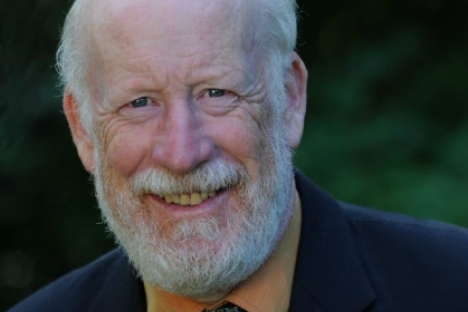MP speaks to BC/Alberta angst
Pipeline politics have been in the news a lot over the past couple of weeks, as British Columbia and Alberta square off over Kinder Morgan’s Trans Mountain expansion project. Both provincial governments are doing exactly what they promised to do when elected, so their positions are not surprising.
But where is the federal government in this debate? Jim Carr, the Minister of Natural Resources, keeps reciting the mantra that the Liberal government has okayed the pipeline and it will be built. The trouble is, with the economic, environmental and social morass that is pipeline politics in Canada, it is not clear at all what the outcome will be. As Chantal Hebert stated in a recent column, the Prime Minister is a referee without a whistle in this game.
I think there is a way forward from this stalemate, but it will be a long game. I don’t think Alberta’s boycott of BC wines will convince the BC government to back down, and it’s obvious that the BC government’s promises of more studies will not mollify pipeline proponents in Alberta. We need a new process that will rebuild the confidence of Canadians in our environmental regulatory systems.
The federal Liberal government claims that their policies have restored confidence in energy regulation in Canada. The fact is, Canadians have less faith in the process that they did under the Harper government. A recent poll by Nanos Research showed that only 2 percent of Canadians fully trusted the system. Fortunately, the same poll suggested a way forward—Canadians felt that giving local communities and First Nations more say would help build that trust
To fix this, we need to have a civil and respectful conversation about energy politics. There are good models to turn to. The Alberta Energy Regulator, which makes decisions around pipelines, oil sands and other projects within that province, now has representation from environmental and First Nations groups on its board. That change angered industry representatives who were used to being the only voice on that body, but it has served to give all Albertans more comfort that a full range of issues were being heard before decisions were made.
The Great Bear Rainforest is another good example of a process that saw sworn enemies see each other as reasonable people, and moving from that basis to a respectful dialogue and a broad agreement on resource exploitation and conservation.
The federal government recently tabled Bill C-69, which will change the landscape of environmental assessment in Canada, significantly alter the role of the National Energy Board and bring back some of the powers of the Navigable Waters Protection act lost under the previous Conservative government.
Some of these are very welcome changes, but unfortunately, they won’t apply to the Trans Mountain pipeline. It is unfortunate that the Trans Mountain project was not assessed using these new processes as the Liberals had promised—perhaps we would have a more collaborative and less polarized situation instead of the escalating threats we see on both sides.
I’ve recently talked at length with both Alberta and BC politicians about this situation, as well as representatives from the wine industry. I know that behind the scenes there are other government departments having frank discussions. That is a good sign.
This will be a slow process. There is no easy way out. But it’s a path we much search out if we are to put these conflicts behind us. In the meantime, I’m hoping that cooler heads will prevail, and the local wine industry is not held hostage for too long with no obvious endgame in sight.


























Comments